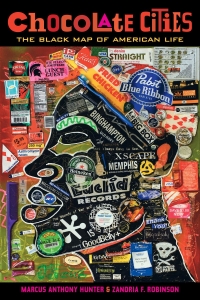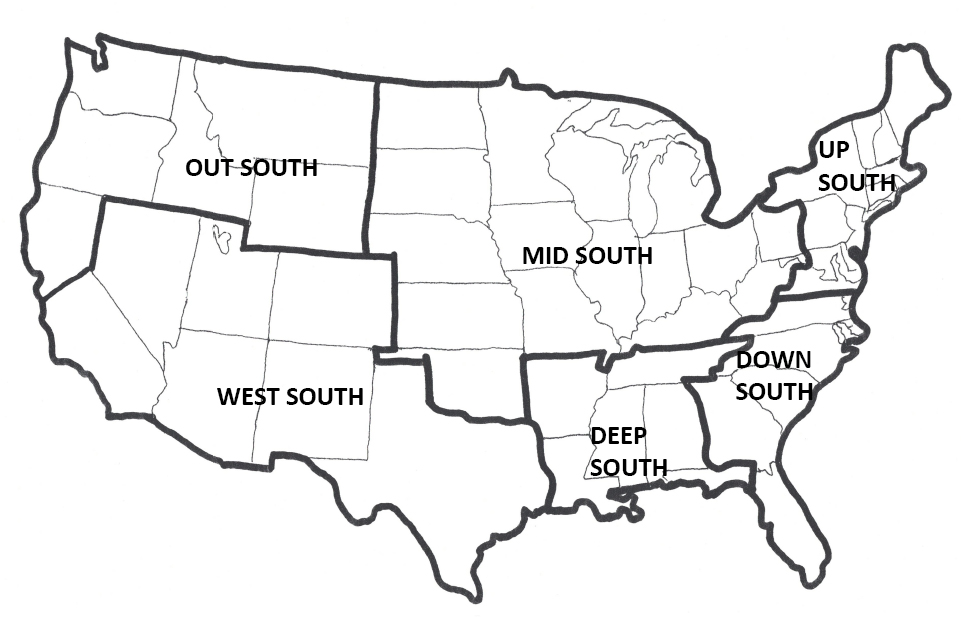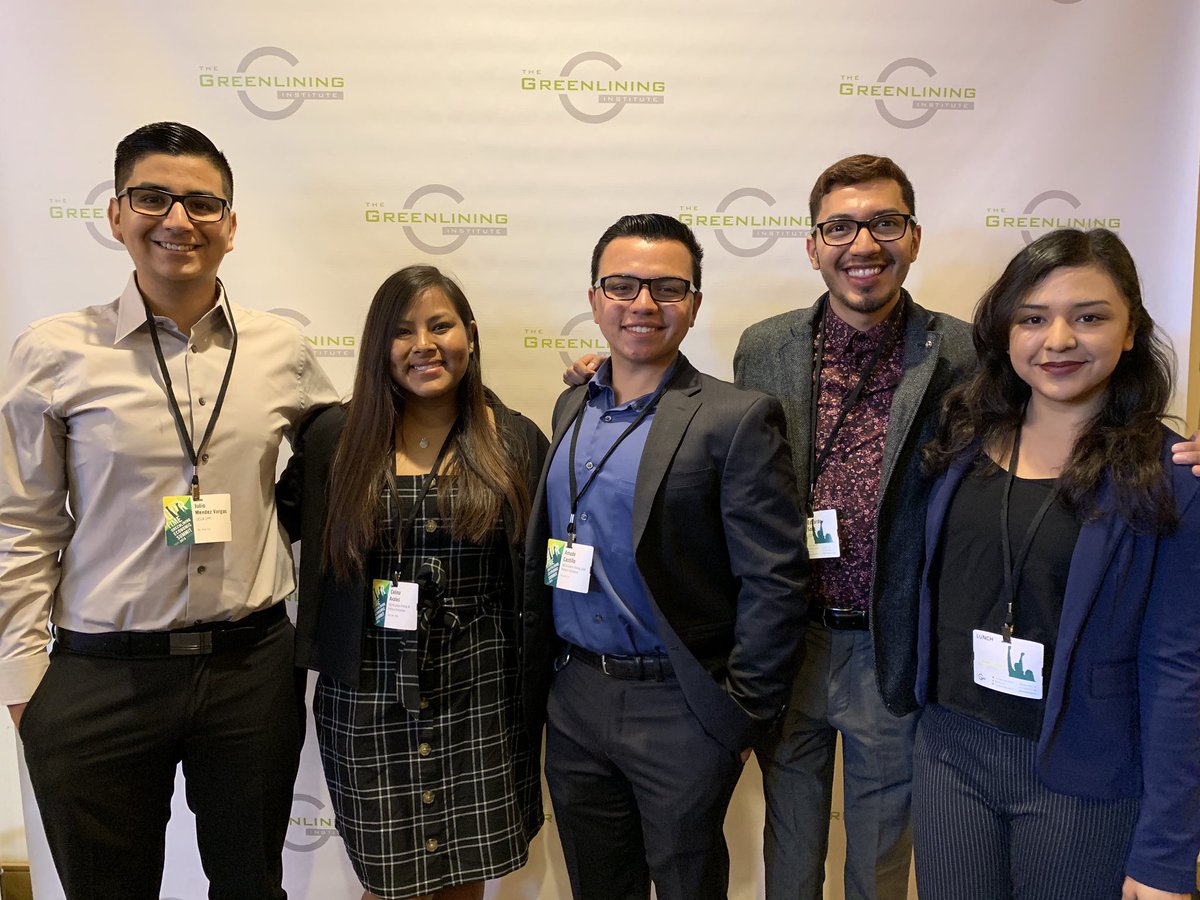
Policy Fellows pose for a photo before a jam-packed day at the Greenlining Economic Summit. (From left to right: Julio Mendez, Celina Avalos, Amado Castillo, Eduardo Solis, and Vianney Gomez)
By Vianney Gomez and Celina Avalos
As policy fellows with the UCLA Latino Policy & Politics Initiative (LPPI), we are afforded unique opportunities to engage in professional development training and experiences that enhance our skill set as student policy advocates.
On Friday, April 26th, five LPPI Policy Fellows attended the Greenlining Economic Summit in Oakland to participate in a convening of scholars, policymakers, and stakeholders across a variety of different policy sectors to discuss pressing issues. Opening remarks by community leaders, students, and policy advocates left us inspired to pursue and find solutions to issues that personally affect us and our communities—gender equity, immigration reform, climate change, and more.
At the summit, we had the opportunity to attend various panels that dealt with a broad scope of policy issues, including equitable community development, environmental justice, and community organizing. We were also at the Summit to support LPPI’s Founding Executive Director, Sonja Diaz, who was a featured panelist in the “Building Health, Wealth, and Power: Advancing Health Equity Through Community Development” panel. The panel was moderated by Anthony Galace, Greenlining Institute’s Health Equity Director and featured remarks from the following experts: Pablo Bravo Vial, Vice-President of Community Health at Dignity Health; Aysha Pamukcu, Health Equity Lead at ChangeLab Solutions; and Tonya Love, District Director for Assemblymember Rob Bonta. The “Building Health, Wealth, and Power” panel focused on how to identify and combat racial inequities through development, health access, and social policy. Through an intersectional lens, the panelists described the myriad of ways that underrepresented and underserved groups across the state are denied access to health care. This included shocking statistics and data on the Black-White infant mortality gap and the estimated five centuries it will take to address California’s Latino physician crisis.
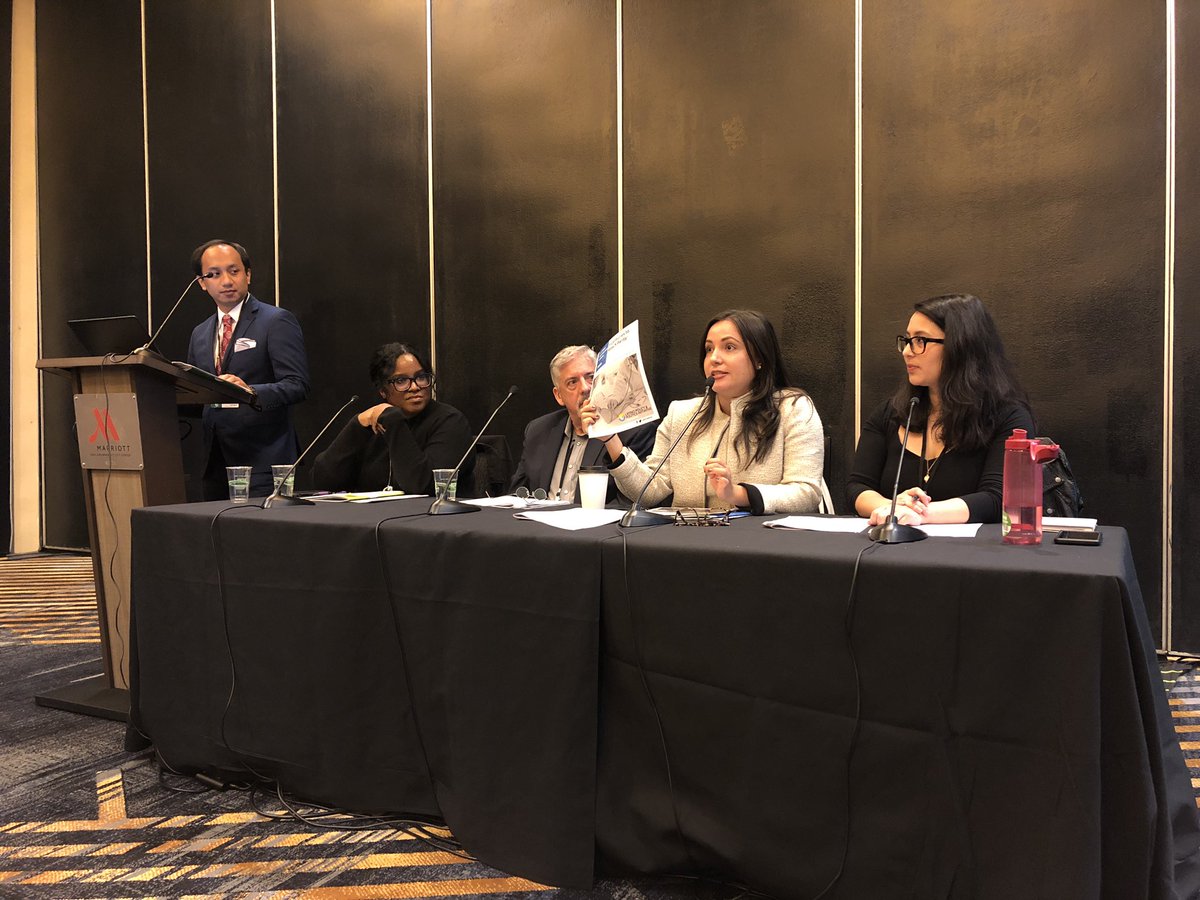
LPPI Executive Director Sonja Diaz shares research findings on the Latino Physician Crisis at the “Building Health, Wealth, & Power” panel. (From left to right: Anthony Galace, Tonya Love, Pablo Bravo, Sonja Diaz, and Aysha Pamukcu)
The “Building Health, Wealth, and Power” panel provided an important lens to address the social determinants of health and well-being. One of the greatest takeaways for us was seeing women of color leaders in action. As first-generation Latinas, it was refreshing to hear our voices reflected in a professional setting where, more often than not, women of color are left out. This is especially true in conversations around public policy and governance. With a majority women of color panel, we witnessed powerhouse leaders transform a seemingly dry conversation on healthcare to real-world exploration of racism, discrimination, and policy innovation. They helped humanize complex issues and structural dimensions of inequality. Moreover, they clearly articulated how high-level decisions impact the daily lives of our parents, grandparents, neighbors, and communities.
As students from underrepresented backgrounds, we felt included and seen in the conversation. We know first-hand how the lack of access to resources can pose a grave, life-threatening danger to the most vulnerable members of our communities. We are aware of how the slightest change in policy framing can positively improve the lives of marginalized communities. Panelists drew from similar personal experiences from our own lives to provide a human narrative, while unapologetically laying blame on implicit and explicit discriminatory policy frameworks that leave people of color worse off.
Our lives as low-income, first-generation Latinas deeply resonated with the work the panelists pursue every day as researchers, advocates, and political staffers. Data and policy analysis, centered on the needs of communities of color, is a tool to address the social and economic disparities facing communities like ours.
The Greenlining Economic Summit demonstrated the power that lies in coalition building and the importance of empowering policy advocates who are women of color. We feel grateful to have attended a conference like the Summit; a space that is receptive and welcoming to the ideas and concerns of students like us. Attending a panel, which featured strong women of color with new perspectives, enabled our motivation to pursue future avenues in public policy. It served as a reminder that policy advocacy is possible for us too!

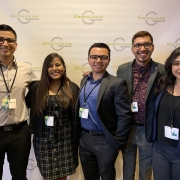

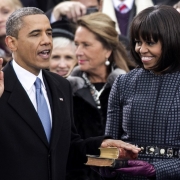
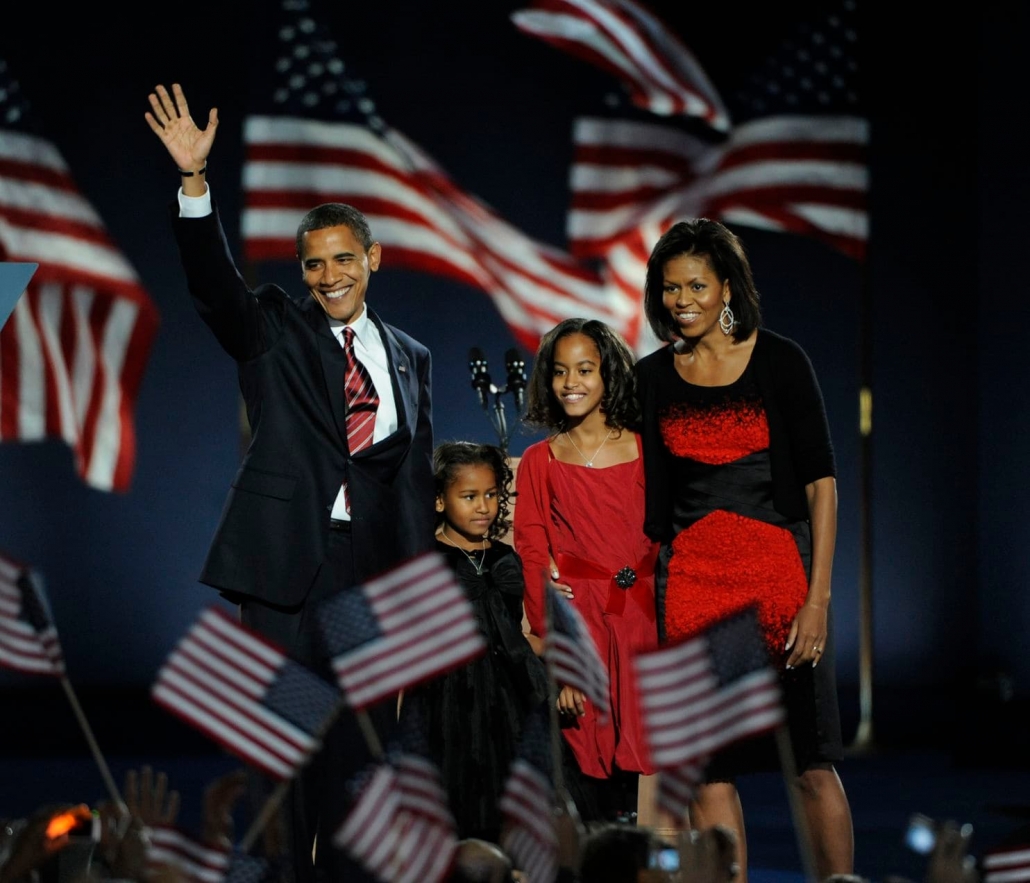
 These words come from our very own
These words come from our very own 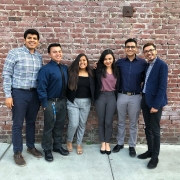
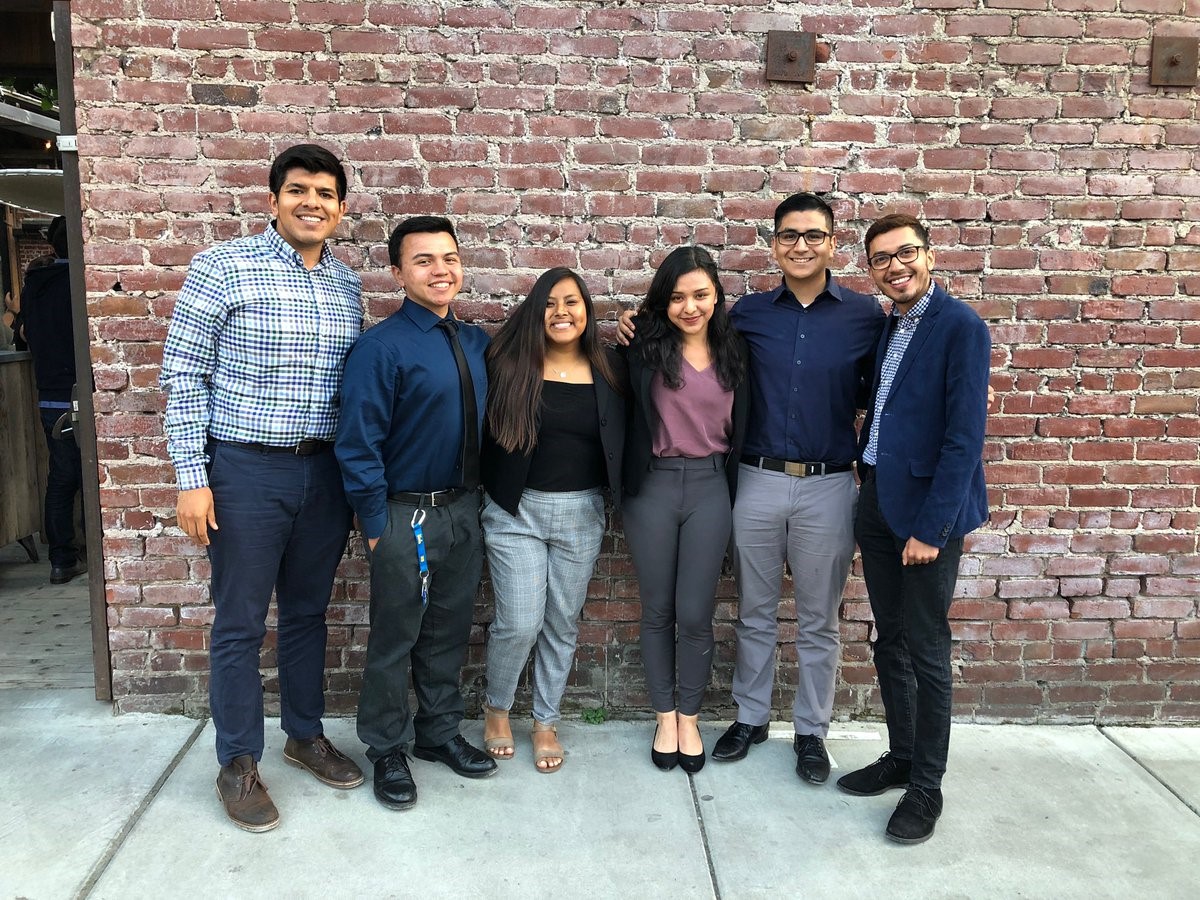
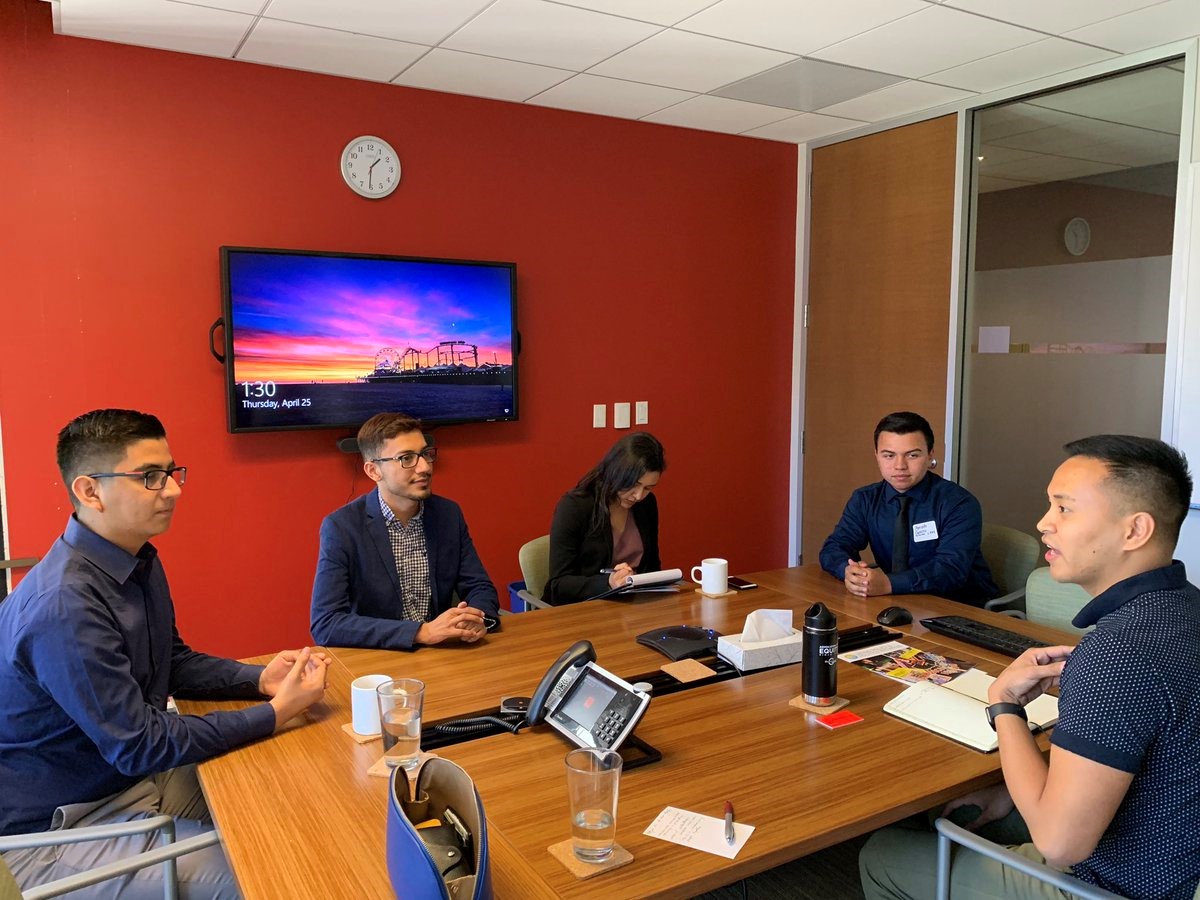
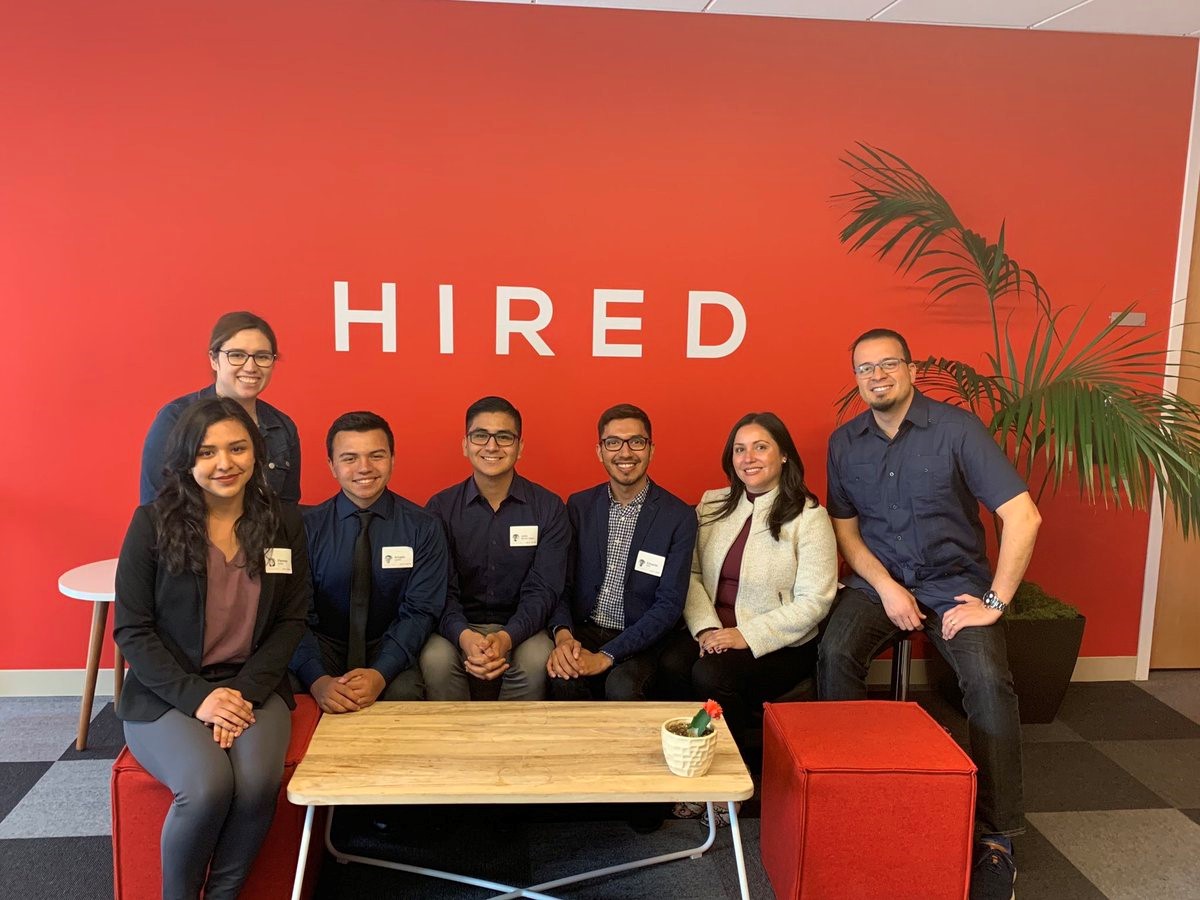
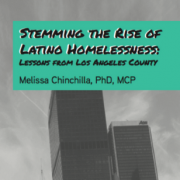
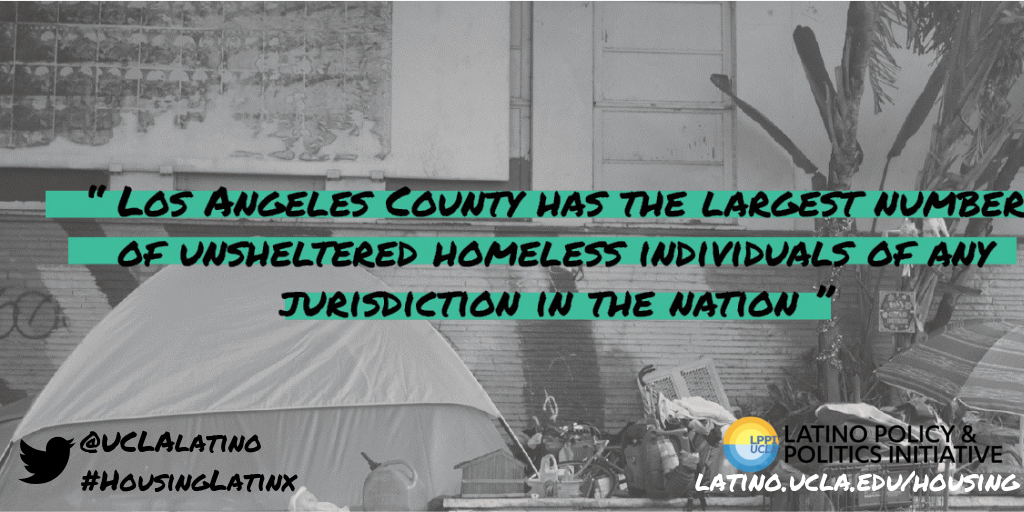
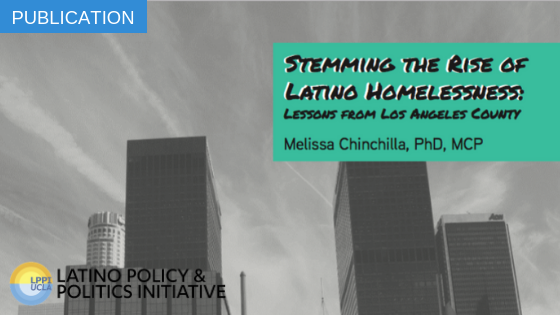
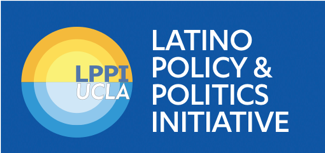
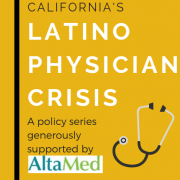
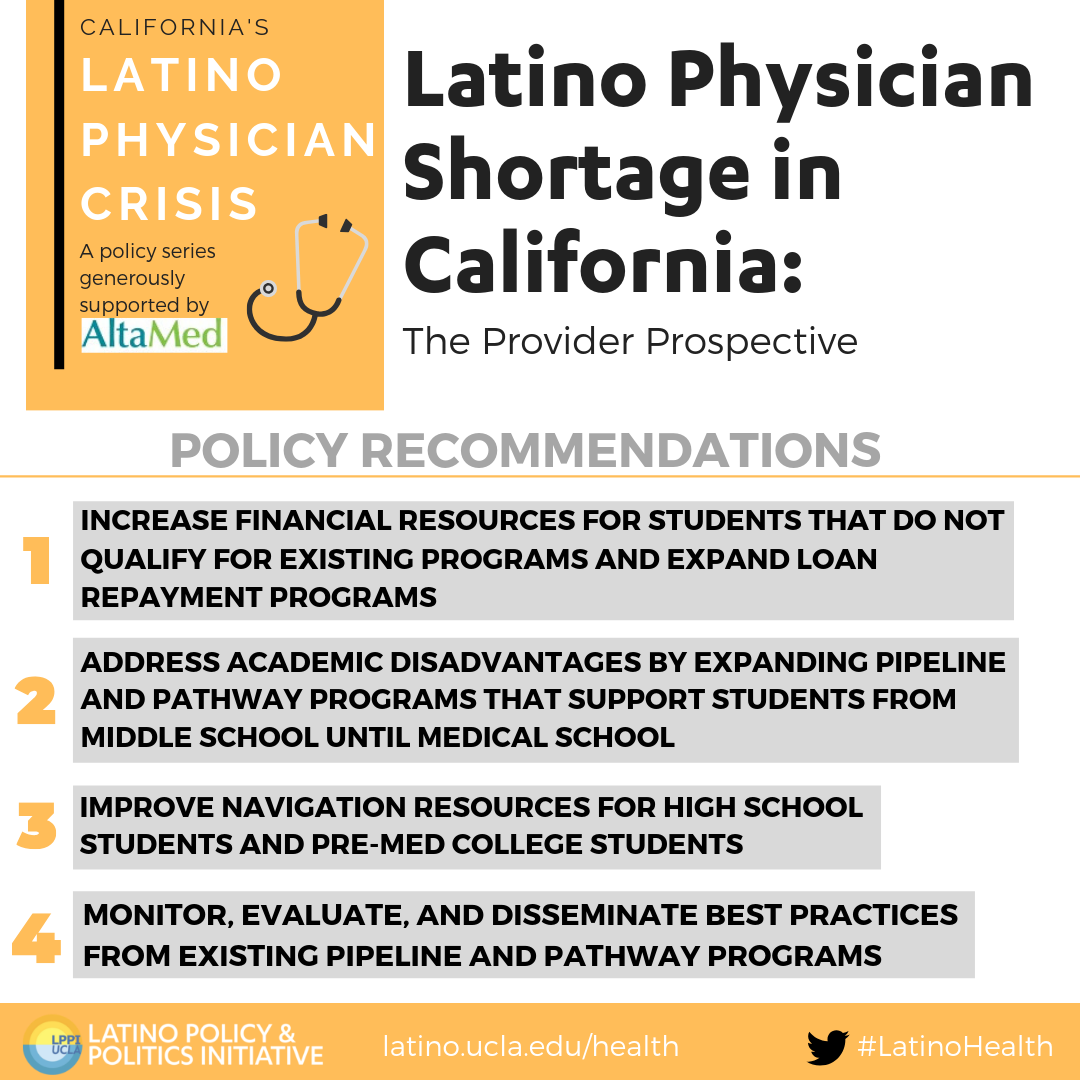

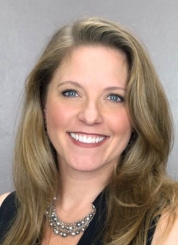




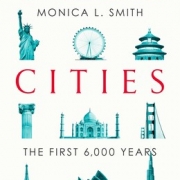
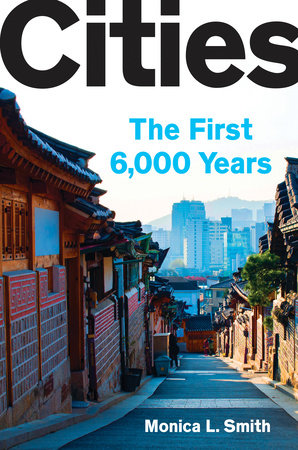
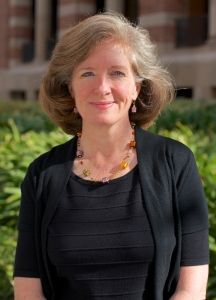 “This book explores what makes cities a compelling part of human life, and how over the past six thousand years they have become the dominant form of human settlement. The growth of cities wasn’t an easy process and those who live in cities find them challenging and exciting in equal measure. There is crowding, pollution, high prices, and traffic, but at the same time there are amazing job opportunities, educational and medical facilities, and the possibilities of entertainment ranging from major sports teams to museums, art galleries, and theaters. Cities are also places of much greater diversity, whether that’s ethnic diversity, migrant neighborhoods, or LGBTQ communities. Cities are places of great economic growth and they’re linked together into a global network of connected places.”
“This book explores what makes cities a compelling part of human life, and how over the past six thousand years they have become the dominant form of human settlement. The growth of cities wasn’t an easy process and those who live in cities find them challenging and exciting in equal measure. There is crowding, pollution, high prices, and traffic, but at the same time there are amazing job opportunities, educational and medical facilities, and the possibilities of entertainment ranging from major sports teams to museums, art galleries, and theaters. Cities are also places of much greater diversity, whether that’s ethnic diversity, migrant neighborhoods, or LGBTQ communities. Cities are places of great economic growth and they’re linked together into a global network of connected places.”
